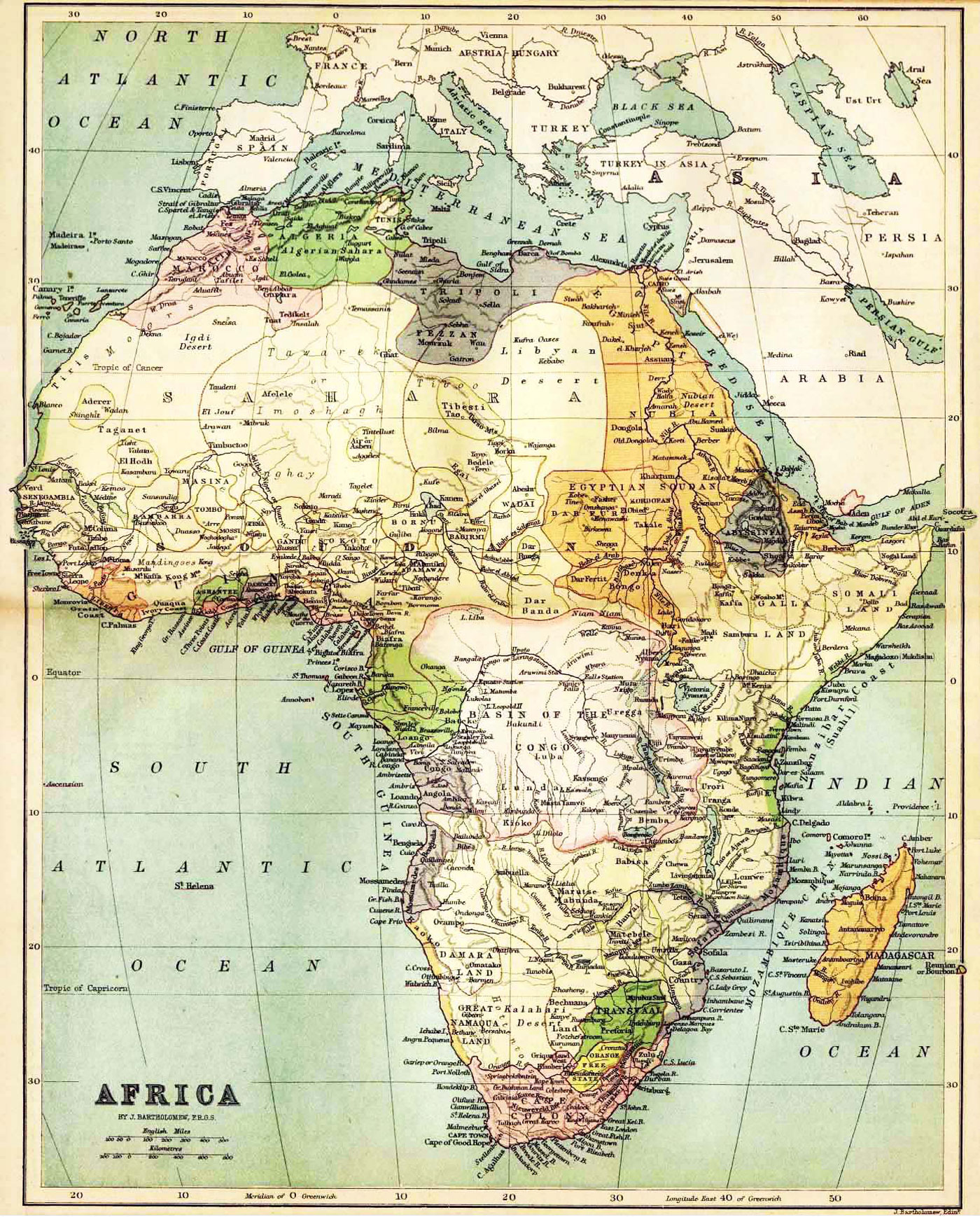I took a break from the Relationship Series last week and created this Racism healing tool kit so please use it and share it! I just want to add that even though the nation is finally openly acknowledging racism and prejudice as an issue, let this indignation not just be a trend. Let’s truly do our work to change personally, how we relate to others, how we do business, how we run programs, in our policies, etc. It’s about time we be just in our thoughts and actions.
Okay, now to the Relationship Series, if you didn’t read the post I wrote to the parents, please do so here. My dad told me (and I paraphrase) that since I was hard on the parents, I shouldn’t be easy on the kids. But as I was writing this piece, I couldn’t help but have compassion on African parents and their children. I hope you’ll have compassion by the end too.
Having African parents in the U.S. is a different experience from that of your peers whose parents are not immigrants. It can feel like living in two separate cultures, one at school or outside of your home and a different one when you are home. This in and of itself is complex and can be challenging to navigate. It can even be harder for adolescents because of their own personal changes that are occurring on a developmental level.
You might not know this, but according to current research, the period of adolescents spans all the way to mid-twenties (12 to ~24 years of age). Yes, you saw that right 24, not 19. What this means is that during this period, there are many changes happening in the individual’s brain. We used to think teenagers are just hormonal, but what really causes the changes during this stage is all the pruning that is happening in the brain. This is what makes the individual develop more into having their own identity, knowing their likes and dislikes, and coming into being a separate person.
Our parents had lives before us
It can be a lot harder for African parents to know how to parent with all the changes; you are changing as a person and they come from a different culture. Their cultural experiences growing up were very different from yours. Think about it! Do you know how it was for your parents when they were teenagers? Have you asked them? Think about having such conversations with them and ask them some of these questions:
- Tell me how things were when you were a teenager?
- What were your parents’ (spoken or unspoken) rules?
- What did you get punished for?
- What were your responsibilities to your family?
- How was it in school?
- Did you go out with your friends alone?
- Who were your close friends? What did you all do together?
- What were the rules around dating?
- How old were you when you got married? When you had your first child?
Sometimes we children forget that our parents had lives before they had us. And I think they forget to tell us about it. They were individuals with various experiences, thoughts, plans, some fulfilled and others unfulfilled. Asking questions about your parent’s past could be enlightening for you and for them. You might walk away having a better understanding of why they are the way they are today. You may realize that some of them had children by your age, maybe they hadn’t even grown into knowing themselves prior to having to provide for a family. We sometimes react without recognizing why and this type of conversation may expose some of the answers. Your African parents may realize why they are holding on to certain things or where they adopted their rules. Moreover, when you have self-reflective conversations, it helps both people to gain insight about the other and possibly soften each other’s stance. It can also make you realize that the issues you are facing are much bigger than you. Most of all, we feel closer to people whom we have shared important parts of our lives with. These conversations can draw you closer to each other.
What I am asking you to do can be difficult. Some of you might say that your African parents never talk about their past. Well, here is an opportunity for both of you. It might be helpful for you to approach them when they are in a neutral or good mood and be prepared to listen respectfully.
Many of our parents experienced trauma
African parents and their children both fail to see that apart from the cultural differences between them, there is a change in the times. Many of our parents grew up during the post-colonial period in Africa. They were all adjusting to new societies and new ways of being. Therefore, many of them were raised by parents who had undergone a lot of trauma. We know that trauma can be passed on generationally if not biologically through epigenetics, then by people’s reactions. Hence, if my parents parented me from their fears and anxieties over what happened to them, I learn from them and I do the same when I have kids unless I take the time to unlearn the negative aspects and get healing from my trauma. Basically, I am still in survival mode even though I am no longer in the traumatic situation. We know a huge percentage of our African parents have not had the time or taken the time to heal from their past harmful experiences, thus it passes on into how they parent us. A common example of this is their views about their children’s education and professions. If they can guarantee that their children are medical doctors, engineers, or lawyers, they can feel secure that their children will be financially provided for and will not have to go through the hardships they and their parents went through. This is a survival response to trauma.
Tips to get your African parents to hear you
You probably weren’t expecting this post to be so psychological and neither was I until I started writing. Many of the conflicts we have with others is because of lack of understanding. Hence why I wanted to give you some understanding of your parents. We both know that your parents don’t know this much about why they are doing what they are doing, but you do. Therefore, you can have some compassion on them. As challenging as it is to not feel heard nor understood by them, they are human too. I may not have answered your question directly on what you should do about getting them to hear you, but I think with a little more understanding you’ll come up with something. One of the great things about young people is their creativity and I trust that you can be creative as well.
To offer a little help from this post I wrote last year, here are a few suggestions:
- Remember this period is temporary and so are your feelings, they will come and go, so don’t act rashly because you are upset. Let the emotions cool down before you decide what to do.
- Be respectful, it is difficult for someone to hear you when you are rude
- If you want to do something but don’t have your parent’s support, come up with a plan for yourself and present it to them so they can see you are serious
- Approach them when they are calm or in a good mood
- Try other ways to communicate such as writing letters
- Be respectfully persistent and don’t give up
- Find an ally e.g. uncle, aunt, someone who is close to your parent who can speak on your behalf
- At some point, you will have to decide if you want to live to please your parents or to be fulfilled as your own person. Once you decide which one, know that there will be hardships either way and this is part of growing up. Be ready for it!
- Keep in touch with friends or extended family who can support you
Feel free to share this post with your parents (or your children) and read what I wrote to the parents. Let me know your thoughts in the comments below.




4 Responses
Yes! Some parents as well as children do not fully understand each other. I wish a method of communication could be developed to have intellegent conversation. You suggest good feasible ways for children to get engage with their parents. Let parents have more of the task of coming up with useful dialogue with their children.
Amen to that!
I am using your article in one of my college writing essays and let me just say you hit every single spot as a child of an African parent this let me know that I wasn’t alone at that time. thank you for publishing this
Janelle, I’m so glad my article was impactful to you. All the best with your college essay!